Find Help
More Items From Ergsy search
-
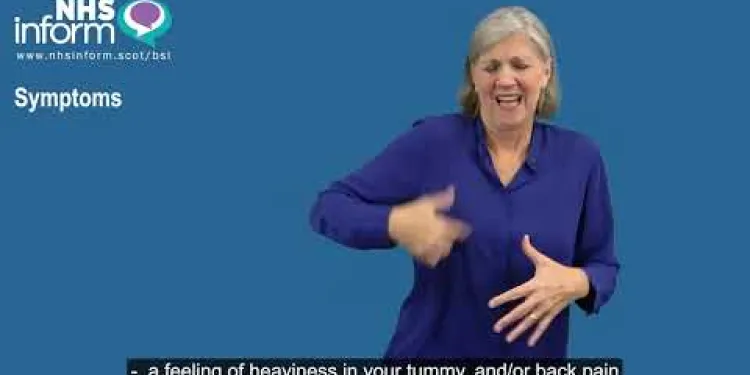
Period pain (dysmenorrhoea) - BSL
Relevance: 100%
-
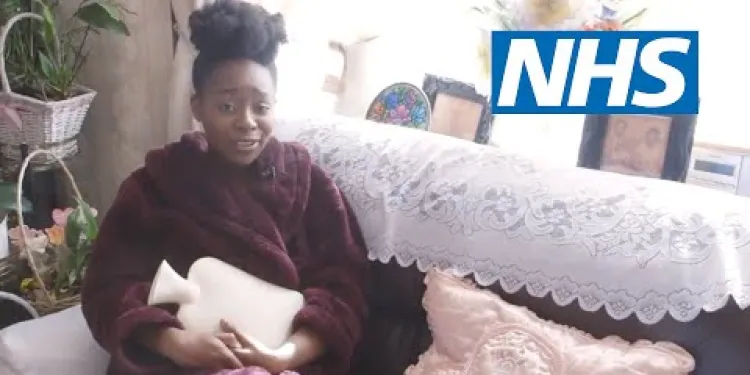
How to deal with period pain | NHS
Relevance: 96%
-
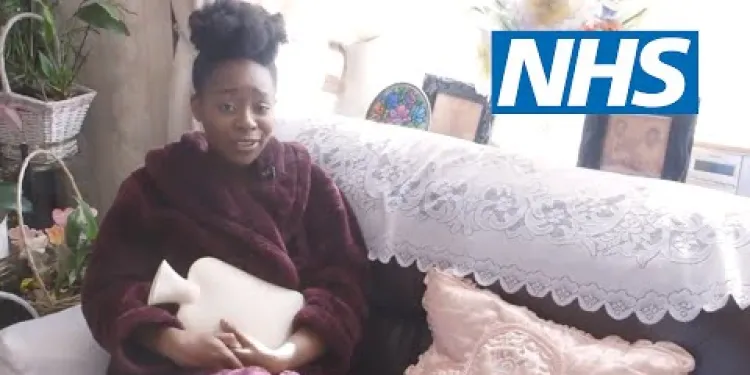
How to deal with period pain | NHS
Relevance: 96%
-
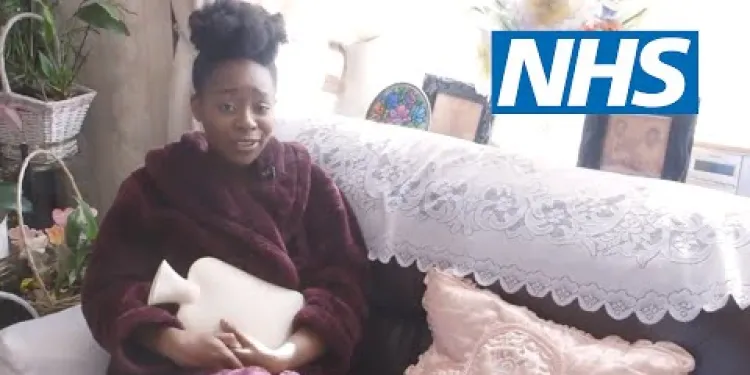
How to deal with period pain | NHS
Relevance: 96%
-
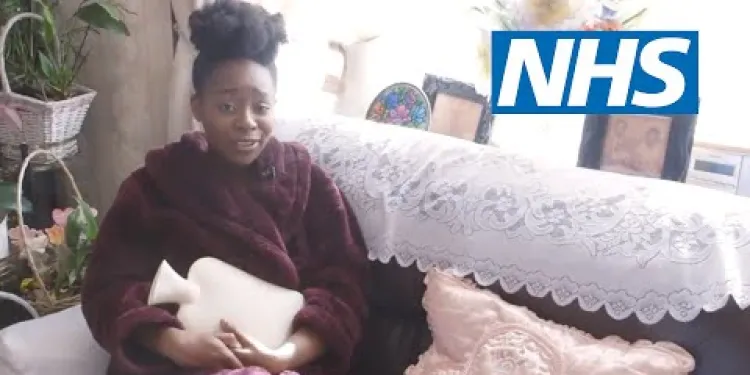
How to deal with period pain | NHS
Relevance: 96%
-
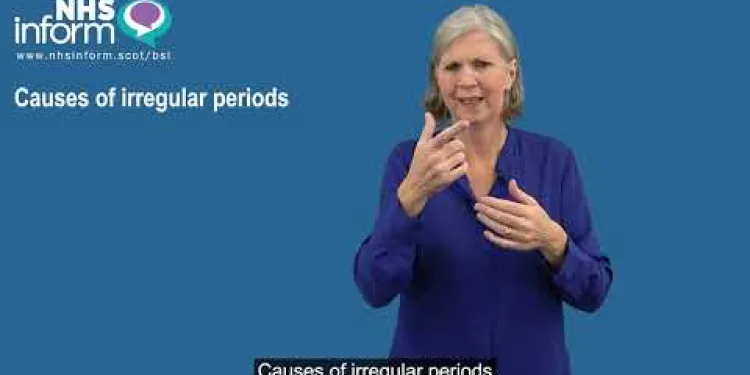
Irregular periods - BSL
Relevance: 63%
-

Is a facelift painful?
Relevance: 62%
-

Is a mammogram painful?
Relevance: 58%
-
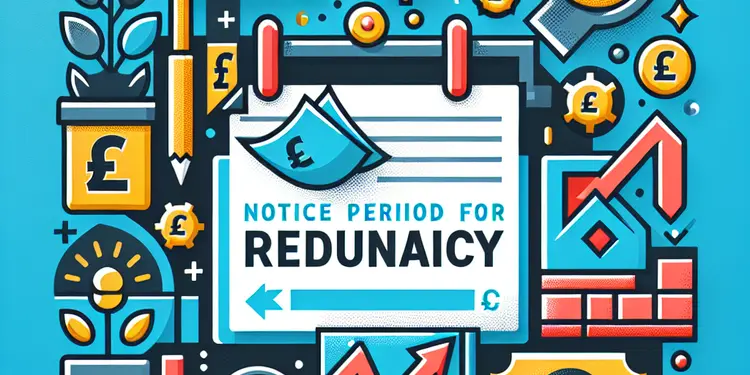
What is the notice period for redundancy?
Relevance: 54%
-
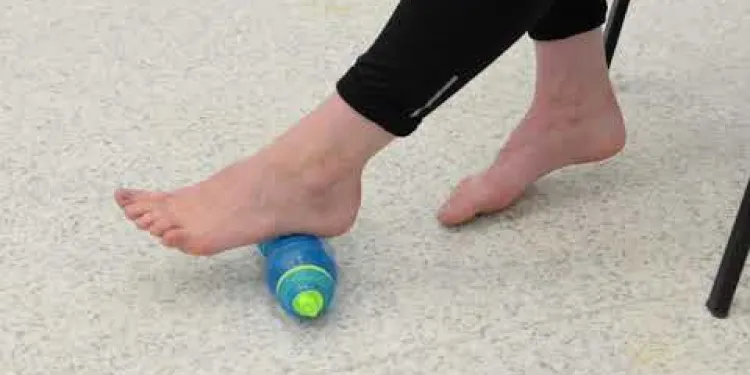
Foot Pain
Relevance: 54%
-
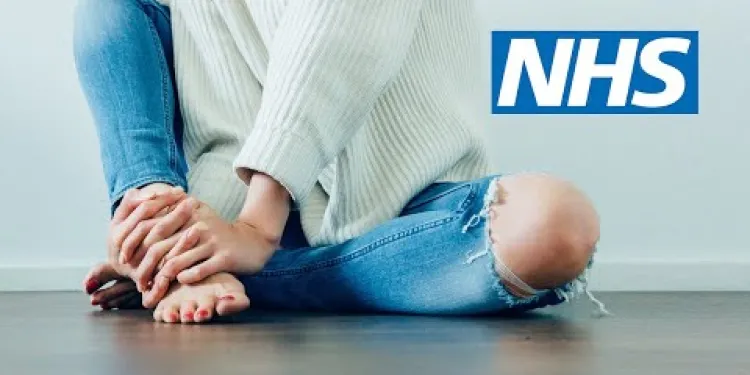
Heel pain | NHS
Relevance: 53%
-

What you need to know about irregular periods
Relevance: 53%
-

What should I avoid doing during the recovery period?
Relevance: 53%
-
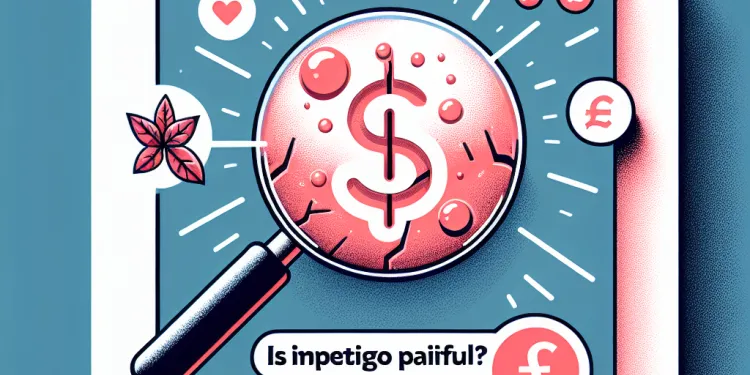
Is impetigo painful?
Relevance: 52%
-
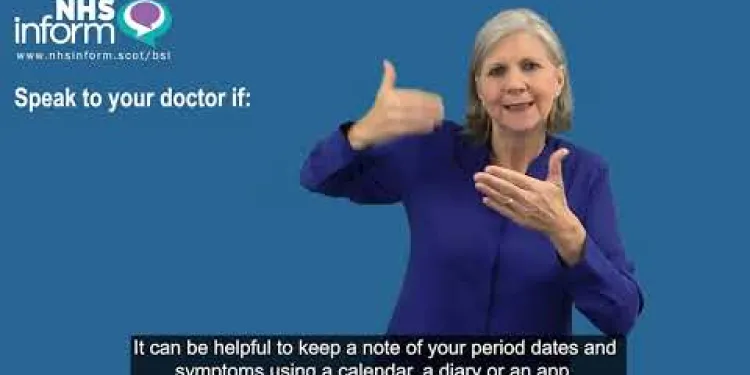
Heavy periods (heavy menstrual bleeding)
Relevance: 52%
-
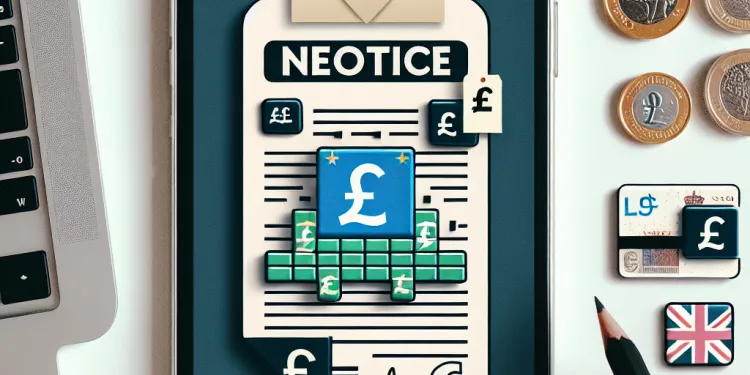
Has the notice period for eviction changed?
Relevance: 52%
-

How long is the incubation period for the Marburg virus?
Relevance: 51%
-

Will I feel pain during the procedure?
Relevance: 50%
-

Shoulder pain | NHS
Relevance: 50%
-

Shoulder pain | NHS
Relevance: 49%
-

What is the grace period for the penalty point system?
Relevance: 49%
-
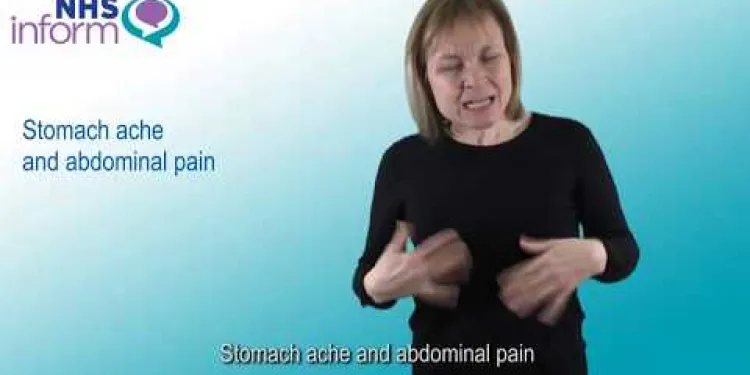
Stomach ache and abdominal pain
Relevance: 48%
-
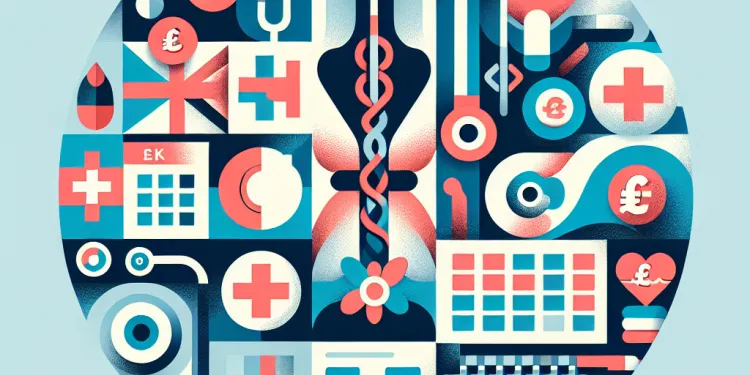
Can the test be performed during my menstrual period?
Relevance: 48%
-

How to treat back pain | NHS
Relevance: 48%
-
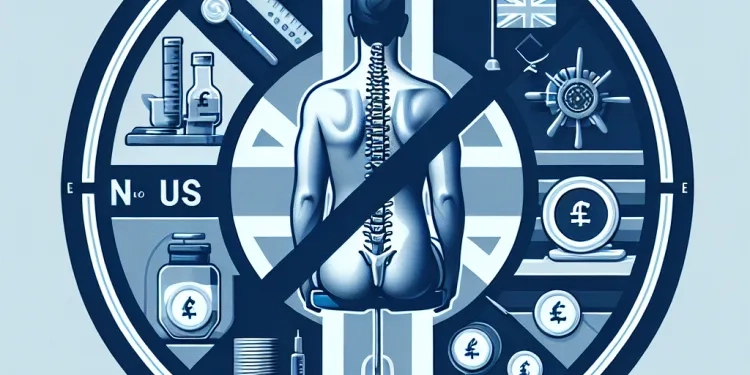
Are chiropractic treatments painful?
Relevance: 48%
-

Can I use Ibuprofen for menstrual pain?
Relevance: 47%
-

Is the womb lining test painful?
Relevance: 47%
-

What happens when the introductory APR period ends?
Relevance: 47%
-

Mechanical Lower Back Pain
Relevance: 47%
-

Advice on neck pain and whiplash
Relevance: 46%
-

Shoulder subacromial shoulder pain
Relevance: 46%
-

Shoulder pain | NHS
Relevance: 46%
-
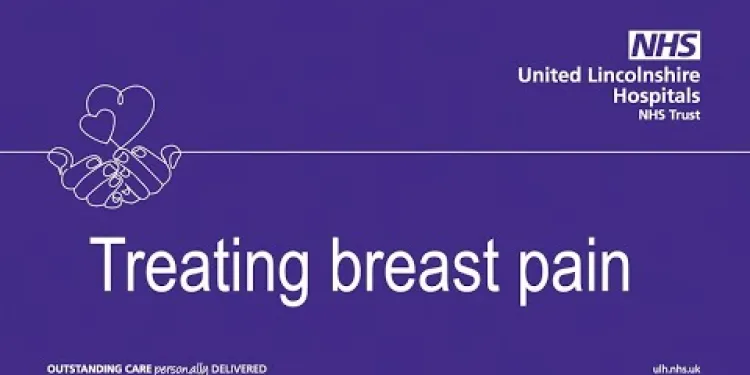
Treating breast pain | United Lincolnshire Hospitals NHS Trust
Relevance: 46%
-

Greater trochanteric pain syndrome
Relevance: 46%
-

What is the minimum service period to qualify for firefighter pension benefits?
Relevance: 45%
-

Is a womb lining test painful?
Relevance: 44%
-

Useful information for patients with lower back pain
Relevance: 44%
-

What is the role of pain management in treating whiplash?
Relevance: 44%
-

How do chiropractors treat back pain?
Relevance: 44%
-

How do NSAIDs work to reduce pain?
Relevance: 43%
How to Deal with Period Pain | NHS
Period pain, also known as dysmenorrhea, is common and can be a distressing part of menstruation for many individuals. The NHS provides a variety of recommendations to help alleviate this discomfort. The tips below are aimed at helping readers in the United Kingdom manage period pain effectively.
Understanding Period Pain
Period pain occurs due to the contraction of the muscular wall of the womb (uterus). These contractions are necessary to help the womb shed its lining. If contractions are too strong, they can restrict blood and oxygen supply to the womb, causing pain. Period pain can be categorized into primary dysmenorrhea (occurs naturally) and secondary dysmenorrhea (due to an underlying medical condition).
Over-the-Counter Pain Relief
Non-steroidal anti-inflammatory drugs (NSAIDs), such as ibuprofen and aspirin, are commonly recommended for easing period pain. Paracetamol is another alternative for those who cannot take NSAIDs. It is important to follow the prescribed dosage and consult with a pharmacist or GP if you have any queries or pre-existing conditions that may affect the use of these medications.
Heat Therapy
Applying heat to the lower abdomen can be effective in reducing period pain. Use a hot water bottle or heating pad for this purpose. Heat helps to relax the muscles of the womb, enhancing blood flow, and reducing pain. A warm bath can also be soothing and provide relief.
Exercise and Physical Activity
Engaging in regular physical activity can help alleviate period pain by promoting the release of endorphins, the body’s natural painkillers. Gentle activities like walking, cycling, or yoga can be particularly beneficial. Aim for light to moderate exercise, especially during your menstrual cycle.
Diet and Hydration
Maintaining a balanced diet rich in fruits, vegetables, and whole grains can help reduce period pain. Staying hydrated is also crucial. Reducing salt intake can prevent bloating, which may exacerbate pain. Some people find that reducing caffeine and alcohol consumption may also help.
When to Seek Medical Advice
If you experience severe pain that affects your daily life, or if your pain suddenly becomes worse, it is advisable to seek medical help. Conditions such as endometriosis or fibroids can cause secondary dysmenorrhea and require medical treatment. Your GP may refer you to a specialist or suggest certain treatments such as hormonal contraceptives to manage symptoms.
By following these guidelines, individuals in the UK can better manage their period pain and improve their overall well-being. Always consult with healthcare professionals for personalized advice and treatment options.
How to Handle Period Pain | NHS
Period pain is a common problem during a period. It can be upsetting. The NHS has some tips to help make it better. These tips are for people in the UK to help with period pain.
Understanding Period Pain
Period pain happens when the womb (uterus) muscles squeeze to help get rid of its lining. If these squeezes are very hard, they can hurt because they cut off blood and oxygen to the womb. There are two types of period pain: primary dysmenorrhea, which is natural, and secondary dysmenorrhea, which is caused by other health problems.
Pain Relief Medicines
You can take over-the-counter medicines like ibuprofen and aspirin to help with period pain. Paracetamol is another option if you can't take the others. Always follow the dosage instructions and ask a doctor or pharmacist if you have questions or health issues.
Using Heat
Putting heat on your lower tummy can help with period pain. You can use a hot water bottle or a heating pad. Heat helps relax the womb muscles and improves blood flow, which reduces pain. Taking a warm bath can also help you feel better.
Exercise and Moving Around
Doing regular exercise can help with period pain. Moving your body makes endorphins, which are natural painkillers. Try gentle activities like walking, cycling, or yoga. It's good to do light or moderate exercise, especially during your period.
Eating and Drinking
Eating a healthy diet with fruits, vegetables, and whole grains can help with period pain. Staying hydrated is important too. Try to eat less salt to avoid bloating, which can make pain worse. Some people find that drinking less caffeine and alcohol helps.
When to Ask a Doctor for Help
If your period pain is very bad and stops you from doing things or suddenly gets worse, you should see a doctor. Conditions like endometriosis or fibroids can cause more pain and need treatment. Your GP might send you to a specialist or suggest treatments like contraceptive pills to help.
By following these tips, people in the UK can manage their period pain better. Always talk to healthcare professionals for advice that's right for you.
Frequently Asked Questions
What is the best way to relieve period pain?
Over-the-counter painkillers such as ibuprofen or aspirin can be effective for relieving period pain. If you cannot take these, paracetamol is a suitable alternative.
Can exercise help with period pain?
Yes, regular physical activity can help reduce the severity of period pain. Low-impact exercises like yoga or walking can be particularly beneficial.
Are there any home remedies for managing period pain?
Applying heat, such as using a warm bath or a hot water bottle on your lower abdomen, can help relax the muscles and alleviate pain.
Should I see a doctor about my period pain?
You should see a doctor if your period pain is severe, disrupts your daily life, or if over-the-counter medications do not help. Persistent pain could be a sign of an underlying condition that needs medical attention.
Can dietary changes help with period pain?
Eating a balanced diet, rich in fruits, vegetables, whole grains, and lean proteins, may help reduce the severity of period pain. Some people find that reducing caffeine, salt, and sugar intake helps as well.
What is dysmenorrhea?
Dysmenorrhea is the medical term for painful periods, which can include severe cramps, back pain, and other symptoms associated with menstruation.
Can hormonal contraception help with period pain?
Yes, using hormonal contraceptives like the birth control pill, patch, or an IUD can help reduce period pain by regulating or even stopping menstruation.
Is it normal to have severe period pain?
While mild to moderate period pain is common, severe pain is not normal and should be discussed with a healthcare professional to rule out conditions like endometriosis or fibroids.
Can a warm bath help alleviate period pain?
Yes, soaking in a warm bath can help relax your muscles and alleviate menstrual cramps.
What role does stress play in period pain?
High levels of stress can potentially worsen period pain. Practising stress-reducing techniques like meditation, deep breathing, or gentle exercise can help manage pain.
Are there any specific yoga poses that help with period pain?
Yes, yoga poses like the child’s pose, cat-cow stretch, and reclining twist can help stretch the muscles and ease menstrual cramps.
Is it advisable to use a heating pad for period pain?
Using a heating pad on the lower abdomen can be an effective way to reduce period cramps and pain.
Can dehydration worsen period pain?
Staying hydrated is important as dehydration can worsen bloating and cramps. Drinking plenty of water can help alleviate these symptoms.
How can I keep track of my period pain?
Keeping a menstrual diary or using a period tracking app can help you monitor your symptoms, identify patterns, and provide useful information to your healthcare provider.
What dietary supplements might help with period pain?
Some studies suggest that supplements like magnesium, vitamin B1, and omega-3 fatty acids may help reduce period pain, but it’s best to consult with a healthcare provider before starting any new supplements.
How can I feel better when I have period pain?
You can take medicine that you can buy from the store to help with period pain. These are called painkillers. Some painkillers are ibuprofen and aspirin. These work well to stop the pain. If you can't take these, you can use paracetamol instead.
Can exercise help with period pain?
Do you feel pain in your tummy during your period? This is called period pain. Moving your body can help make the pain less. This means doing things like walking, swimming, or playing outside. It can help you feel better.
Here are some tips you can try:
- Take breaks: Rest if you need to. It is okay to take it easy.
- Try gentle exercise: Do some stretching, yoga, or slow walking.
- Use warm things: A warm bag or pad on your tummy can help too.
Ask an adult you trust if you have more questions or need help.
Yes, doing exercise can help make period pain less bad. Gentle exercises like yoga or walking are really good for this.
How can I feel better at home when I have period pain?
Using heat can help make your tummy feel better when it hurts. You can take a warm bath or put a hot water bottle on your tummy to help the muscles relax and stop the pain.
Should I talk to a doctor about my period pain?
Do you have pain when you have your period? It is a good idea to talk to a doctor if:
- Your pain is very bad.
- The pain stops you from doing things you like.
- The pain keeps going for many days.
Some things can help with period pain:
- Take medicine that helps with pain.
- Put a warm blanket or a hot water bottle on your tummy.
- Rest and relax when you can.
If your period pain is still a problem, a doctor can help you find other ways to feel better.
If your period pain is really bad, stops you from doing normal things, or if medicine from the shop doesn’t help, you should go to the doctor. Ongoing pain might mean there is another problem that needs a doctor to check it out.
Can changing what you eat help with period pain?
Eating different foods might help with the pain you feel during your period. Here are some ideas:
- Eat more fruits and veggies. These are good for your body.
- Try to eat less junk food. Too much sugar and fat can hurt your tummy.
- Drink lots of water. This keeps you feeling good.
If you still have a lot of pain, you can:
- Talk to an adult. They can help you decide what to do.
- See a doctor. They might give you medicine to help.
Changing your diet might help, but it's okay to ask for help too.
Eating the right foods can help with period pain. Try to eat lots of fruits, vegetables, whole grains, and lean meats like chicken or fish.
Some people feel better when they have less caffeine, salt, and sugar.
If you need help, you can try using a picture chart to plan meals or ask someone to help you make a shopping list.
What is dysmenorrhea?
Dysmenorrhea means having bad pain in your belly during your period. It is also called period pain.
If you have dysmenorrhea, you might feel cramps or aches. These can be strong and make it hard to do things.
Tools and tips to help:
- Place a warm pad or bottle on your belly to help with the pain.
- Try gentle exercises, like walking or stretching.
- Ask a grown-up if taking medicine can help you feel better.
- Talk to a doctor if the pain is very bad or if you have questions.
Dysmenorrhea is when periods hurt. This can mean bad cramps, back pain, and other problems when you have your period.
If you need help reading, you can ask someone you trust to explain things to you. You can also use a ruler or your finger to follow along as you read to make it easier.
Can birth control help with period pain?
Some women use birth control to help with period pain. Birth control pills, patches, or injections can make periods hurt less. They can also help with heavy bleeding. If you have bad period pain, talk to a doctor. They can help you find the right treatment.
Using a reminder app on your phone can help you remember to take your birth control. Talking with a family member or friend can also be helpful.
Yes, using some medicines like the birth control pill, patch, or IUD can help with period pain. They can make your periods more regular or even stop them.
Is it normal to have very bad period pain?
It's normal to have some pain during your period. But if the pain is really bad, it's not normal. You should talk to a doctor. They can check for things like endometriosis or fibroids.
Can a warm bath help with period pain?
A warm bath can make your tummy feel better during your period.Yes, taking a warm bath can help make your muscles feel better and reduce period pain.
How does stress affect period pain?
Your body can hurt more if you feel worried or stressed.
When you are stressed, your period pain might get worse.
Try to relax and do things that make you happy. This can help with the pain.
You can talk to someone you trust about how you feel, like a friend or family member.
There are things like breathing exercises, gentle stretching, or listening to music that can help you feel less stressed.
When you feel a lot of stress, it can make period pain worse. You can try different ways to feel calm, like meditating, taking deep breaths, or doing gentle exercise. These can help you feel better.
Can yoga help with period pain?
Does your tummy hurt when you have your period? Some yoga poses can help. Yoga stretches your body and can make you feel better.
Here are some yoga moves you can try:
- Child's Pose: Sit on your knees, stretch your arms forward, and lower your head to the ground. This pose helps you relax.
- Cat-Cow Pose: Get on your hands and knees. Arch your back like a cat, then lower it like a cow. This helps with back pain.
- Seated Forward Bend: Sit with your legs straight, then lean forward and reach for your toes. This stretches your back and legs.
Always listen to your body. If something hurts, stop. You can also ask a yoga teacher for help.
Yes, yoga moves can help when you have period pain. Try these:
- Child’s Pose: This helps stretch your back.
- Cat-Cow Stretch: This is good for your tummy and back.
- Reclining Twist: This can make your sides feel better.
If you try these yoga moves, they can help your muscles relax and stop cramping.
Should I use a heating pad for period pain?
If you have period pain, a heating pad might help. It can make your tummy feel better.
Here are some tips:
- Ask an adult to help you with the heating pad.
- Make sure the pad is warm, but not too hot.
- Place it on your tummy where it hurts.
- Rest and relax while using the pad.
- You can use the pad with other pain relief, like resting or a warm drink.
A heating pad on your tummy can help make period pain feel better.
Can not drinking enough water make period pain worse?
When you have your period, your tummy might hurt. This is called period pain.
Drinking enough water is important. If you don't drink enough, it can make the pain feel worse.
To feel better:
- Drink water often.
- Try using a warm water bottle on your tummy.
- Rest when you need to.
Talking to an adult or a doctor can also help if the pain is really bad.
Drinking water is very important. When you don't drink enough, you can feel worse with a swollen tummy and pain. Drinking lots of water can make these feelings better.
How can I keep track of my period pain?
Here is how you can keep track of your period pain:
- Write down when you have pain and how bad it is in a notebook or calendar.
- You can use a phone app to note your pain. Apps like Clue or Flo are good.
- Use stickers or smiley faces on a calendar to show how you feel.
- If drawing helps you, you can draw pictures to show your pain.
These ways can help you remember and talk to your doctor about your pain.
Writing in a diary about your period, or using a phone app to track it, can be very helpful. It helps you see what happens each month, find patterns, and it gives your doctor important information.
What vitamins or pills can help with period pain?
If you have pain during your period, some vitamins or pills might help.
- Fish Oil: Fish oil pills can help with pain. They have something in them called omega-3.
- Vitamin E: Vitamin E is good for your body and may help reduce pain during your period.
- Magnesium: Magnesium can help your muscles relax and might make the pain less.
It's good to talk to an adult or a doctor before taking any new vitamins or pills.
Some tools can help you remember to take your pills, like setting an alarm on your phone.
Some people think that certain supplements can help with period pain. These include magnesium, vitamin B1, and omega-3. But, it’s important to talk to a doctor or nurse before trying new supplements.
Useful Links
This website offers general information and is not a substitute for professional advice.
Always seek guidance from qualified professionals.
If you have any medical concerns or need urgent help, contact a healthcare professional or emergency services immediately.
- Ergsy carfully checks the information in the videos we provide here.
- Videos shown by Youtube after a video has completed, have NOT been reviewed by ERGSY.
- To view, click the arrow in centre of video.
- Most of the videos you find here will have subtitles and/or closed captions available.
- You may need to turn these on, and choose your preferred language.
- Go to the video you'd like to watch.
- If closed captions (CC) are available, settings will be visible on the bottom right of the video player.
- To turn on Captions, click settings .
- To turn off Captions, click settings again.
More Items From Ergsy search
-

Period pain (dysmenorrhoea) - BSL
Relevance: 100%
-

How to deal with period pain | NHS
Relevance: 96%
-

How to deal with period pain | NHS
Relevance: 96%
-

How to deal with period pain | NHS
Relevance: 96%
-

How to deal with period pain | NHS
Relevance: 96%
-

Irregular periods - BSL
Relevance: 63%
-

Is a facelift painful?
Relevance: 62%
-

Is a mammogram painful?
Relevance: 58%
-

What is the notice period for redundancy?
Relevance: 54%
-

Foot Pain
Relevance: 54%
-

Heel pain | NHS
Relevance: 53%
-

What you need to know about irregular periods
Relevance: 53%
-

What should I avoid doing during the recovery period?
Relevance: 53%
-

Is impetigo painful?
Relevance: 52%
-

Heavy periods (heavy menstrual bleeding)
Relevance: 52%
-

Has the notice period for eviction changed?
Relevance: 52%
-

How long is the incubation period for the Marburg virus?
Relevance: 51%
-

Will I feel pain during the procedure?
Relevance: 50%
-

Shoulder pain | NHS
Relevance: 50%
-

Shoulder pain | NHS
Relevance: 49%
-

What is the grace period for the penalty point system?
Relevance: 49%
-

Stomach ache and abdominal pain
Relevance: 48%
-

Can the test be performed during my menstrual period?
Relevance: 48%
-

How to treat back pain | NHS
Relevance: 48%
-

Are chiropractic treatments painful?
Relevance: 48%
-

Can I use Ibuprofen for menstrual pain?
Relevance: 47%
-

Is the womb lining test painful?
Relevance: 47%
-

What happens when the introductory APR period ends?
Relevance: 47%
-

Mechanical Lower Back Pain
Relevance: 47%
-

Advice on neck pain and whiplash
Relevance: 46%
-

Shoulder subacromial shoulder pain
Relevance: 46%
-

Shoulder pain | NHS
Relevance: 46%
-

Treating breast pain | United Lincolnshire Hospitals NHS Trust
Relevance: 46%
-

Greater trochanteric pain syndrome
Relevance: 46%
-

What is the minimum service period to qualify for firefighter pension benefits?
Relevance: 45%
-

Is a womb lining test painful?
Relevance: 44%
-

Useful information for patients with lower back pain
Relevance: 44%
-

What is the role of pain management in treating whiplash?
Relevance: 44%
-

How do chiropractors treat back pain?
Relevance: 44%
-

How do NSAIDs work to reduce pain?
Relevance: 43%


